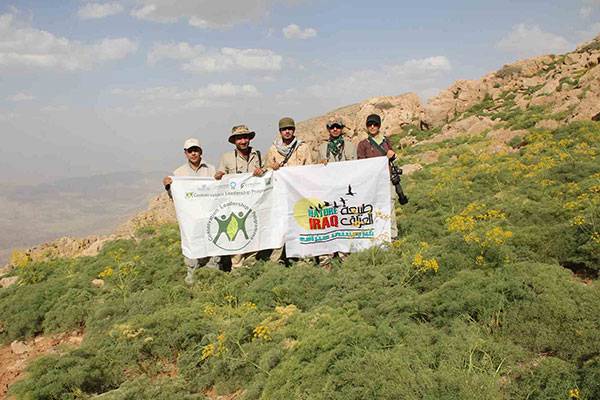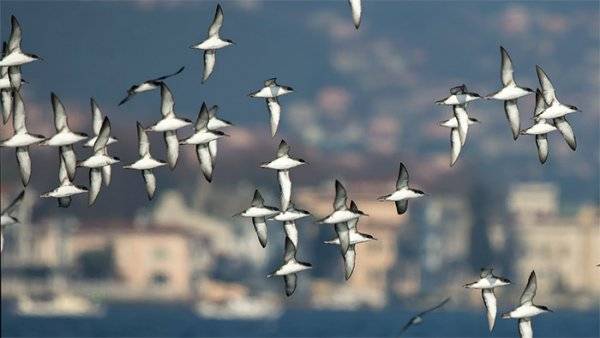Guest blog by Dr Lars-Uwe Kettner, German Consulate General Erbil, Iraq (July 2016 – July 2018)

When one thinks of northern Iraq, conflicts often come to mind: the horrific crimes of the so-called Islamic State, death and destruction in Mosul, expulsion for religious or ethnic reasons as well as IDP and refugee camps with tens of thousands of internally displaced persons. There are also earthquakes as of November 2017. In sad memory are the Chemical weapons attacks on Halabja in 1988 and the Anfal operation of the Baath regime under Saddam Hussein.
To date, large parts of northern Iraq are mined or contaminated with booby traps and ordnance. But Northern Iraq also has breathtaking scenery with green hills that extend above the Nineve Plain of central Iraq and rise to mountains in the border regions with Iran and Turkey, with impressive views and rugged rock formations with beautiful waterfalls. Right here, in the unpredictable mountainous region between Iran and the Kurdistan Region of Iraq, lives the Persian leopard. Regardless of all disputes and conflicts, this nocturnal animal makes its cross-border forays. In the last two years Nature Iraq, Iraq’s conservation NGO, has set itself the goal of preserving this endangered species by creating a protected area. This has been supported by the Federal Government of Germany within the scope of the so called climate fund 2017 of the Federal Foreign Office.
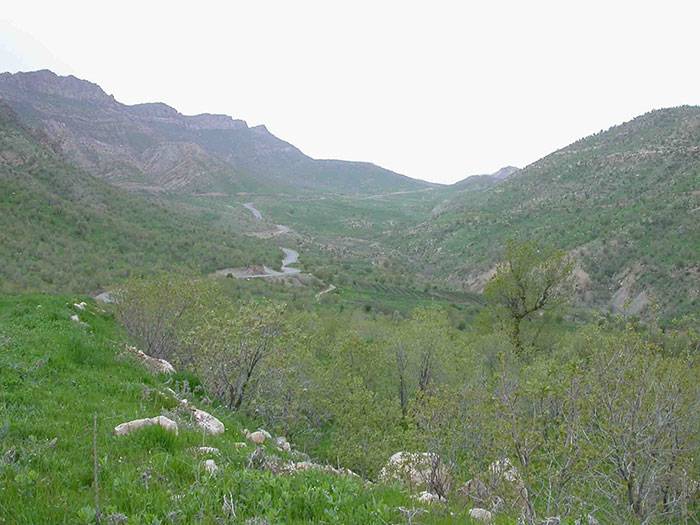
First, the young environmentalists wanted to learn more about the leopards. To this end, the team regularly goes to the mountains with the forest police and other local actors to determine the size of the population, the habits of the animals and the dimensions of the habitat. Other animals, such as the mountainous wild goats, also play an important role, as they are at the top of the leopard diet. Where they can be found, the leopards can survive. Nature Iraq also evaluates motion activated photography, discovers and installs cameras on difficult-to-reach, potential movement routes of the animals. The organization also assesses information on minefields that threaten not only humans, but also animals, and speaks with the inhabitants who may have seen the animals. It is also important to promote farmers and local people, the oil-producing economy or in the construction sector for the protection of animals.
During one of these trips to the mountains near the Kurdish city of Sulaimani, a team from the German Consulate General in Erbil, representing the Federal Foreign Office as one of the donors of the project, was able to accompany the environmentalists of Nature Iraq. Early in the morning, at a time when the heat was still tolerable, we set off to exchange the memory card of a camera trap. We photographed traces, collected clues, but unfortunately also found signs of poaching. Poachers also stole or destroyed cameras in the past in order to prevent any criminal investigations against them. From time to time we also enjoyed the view over the impressive landscape. It was an unforgettable day that we enjoyed together with a very motivated team. After witnessing the work of the young environmentalists, we were very happy that Nature Iraq submitted in the interim report a new photo of a leopard from one of the “photo traps”.
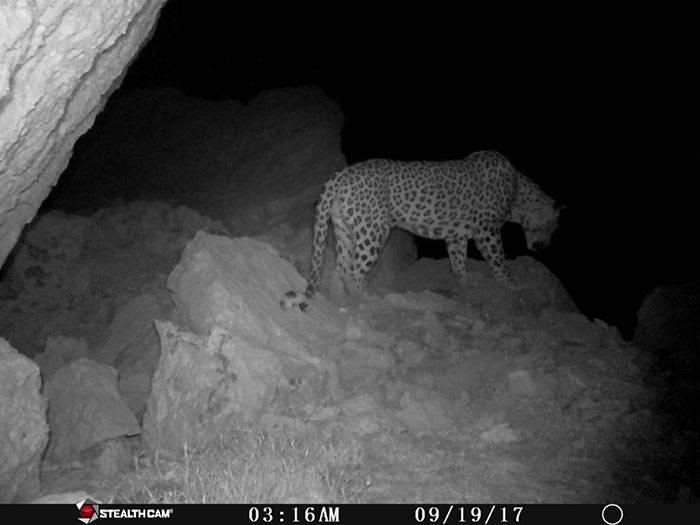
Until the big dream of a protected area for the Persian leopard comes true, there is still a long way to go. But the first steps have been made and the awareness building has begun.
The German Federal Foreign Office will accompany the organization through an annual promotion in 2018 as well. This is to ensure that the leopards can continue to pull on velvet paws in the future through the wild Kurdistan.
Additionally, the proposed protected area is not only vital for the conservation of leopards, but many species of birds too. Egyptian Vultures, See-see Partridges, White-throated Robins, Cinereous Buntings, SombreTits and many others have very important breeding populations. More details can be found in the compilation Key Biodiversity Areas of Iraq.
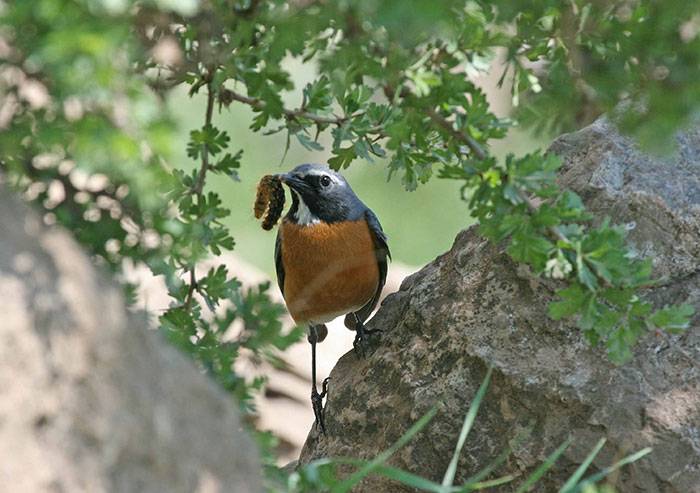
The German Federal Foreign Office will accompany the organization through an annual promotion in 2018 as well. This is to ensure that the leopards can continue to pull on velvet paws in the future through wild Kurdistan.
Dr Lars-Uwe Kettner, German Consulate General Erbil, Iraq (July 2016 – July 2018)

